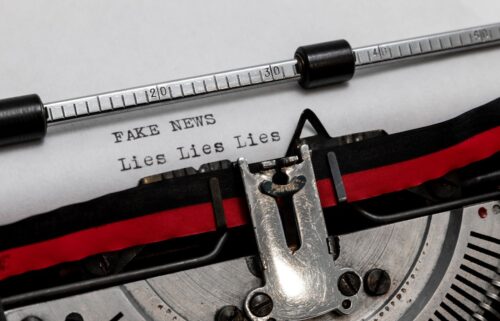Article • Dean Baker’s Beat the Press
Nonsense on Deflation that the Media Tell You

Article • Dean Baker’s Beat the Press
Fact-based, data-driven research and analysis to advance democratic debate on vital issues shaping people’s lives.
Center for Economic and Policy Research
1611 Connecticut Ave. NW
Suite 400
Washington, DC 20009
Tel: 202-293-5380
Fax: 202-588-1356
https://cepr.net
One of the very stupid things that ostensibly knowledgeable people say is that deflation, falling prices, is an economic disaster. To be clear, falling prices are likely an indication of economic problems, but crossing from near zero positive inflation into mild deflation means essentially nothing.
This simple point often eludes people who write about the economy, as was the case with this Washington Post editorial on China’s economic problems. The piece correctly noted that China’s official data on GDP cannot be trusted, and then told readers:
“What’s worrisome is that China might already have entered a period of slowdown, even deflation — and the official figures might amount to a coverup.”
A simple reminder here of what deflation means might be helpful. The price indices here and in China, are aggregated from measuring changes in tens of thousands of prices. When a country has a low positive inflation rate, it is almost certainly the case that thousands of prices are actually falling. It just means that the prices that are rising outweigh the ones that are falling in the index.
But if it goes the other way, say the inflation rate falls from a positive 0.5 percent to a negative 0.5 percent, it means the prices that are falling in the index now outweigh the ones that are rising. But how can this be any sort of disaster?
Since prices of many items were already falling when the inflation rate was a low positive, how can there be any big economic effect from having a few more types of goods where prices are now falling. That doesn’t make any sense.
To be clear, very low inflation or deflation is generally evidence of a weak economy. Economies seem to function best with modest rate of positive inflation (2.0-4.0 percent), since this facilitates adjustments of relative prices and wages. But even a low positive rate of inflation is less than optimal on this score. A 0.5 percent positive rate of inflation is lower than desirable, and a 0.5 percent rate of deflation is even less desirable, but going from positive 0.5 percent to negative 0.5 percent is no worse than going from 1.5 percent to 0.5 percent.
There is a bad story that can be told about very high rates of deflation, like what the U.S. saw at the start of the Great Depression. High rates of deflation (larger than 5.0 percent) can lead firms to put off investment and households to put off purchases of big-ticket items. It also can lead to large debt burdens, since debt is generally denominated in nominal dollars, the real value of which rises when prices fall. This can lead to a deflationary spiral, with lower prices leading to less demand, which further depresses prices.
But the sort of deflation that China might plausibly see is nothing like the type that might lead to a deflationary spiral. Rates of deflation in the range of -0.5 to -1.0 percent will have a limited impact on firm investment behavior and almost no impact on consumer behavior.
Even with the biggest ticket items the benefits from putting off purchases are likely to seem trivial. If the deflation rate is 1.0 percent and someone is considering buying a $20,000 car, they can save $100 if they put off the purchase by six months. With a deflation rate of 0.5 the savings would be just $50. It seems unlikely that many people would think it was reasonable to put off a car purchase for savings of this size.
In short, there is not much of a case for China or any other country to be concerned about the risks of deflation. They should be worried about the economic weaknesses that could lead to deflation, but the deflation they are likely to see will not be a major problem.